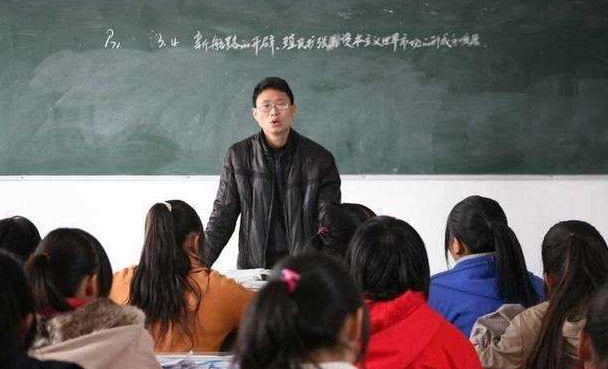FUZHOU, China — The history class began with a lesson on being manly.
中国福州――历史课以如何表现男子气概作为开始。
Lin Wei, 27, one of a handful of male sixth-grade teachers at a primary school here, has made a habit of telling stories about warlords who threw witches into rivers and soldiers who outsmarted Japanese troops. “Men have special duties,” he said. “They have to be brave, protect women and take responsibility for wrongdoing.”
27岁的林伟(音)是这个小学六年级教师中屈指可数的几位男教师之一,他上课时喜欢讲一些故事,比如把巫婆投进河水的军阀,还有智胜日本军队的中国军人。“男人要有担当,”他说。“他们要勇敢,要保护女人,要为自己的错误承担责任。”
Worried that a shortage of male teachers has produced a generation of timid, self-centered and effeminate boys, Chinese educators are working to reinforce traditional gender roles and values in the classroom.
中国教育者担心缺乏男教师会造就一代怯懦、自我中心、娘娘腔的男孩,他们努力在课堂上巩固传统性别角色和价值观。
In Zhengzhou, a city on the Yellow River, schools have asked boys to sign pledges to act like “real men.” In Shanghai, principals are trying boys-only classes with courses like martial arts, computer repair and physics. In Hangzhou, in eastern China, educators have started a summer camp called West Point Boys, complete with taekwondo classes and the motto, “We bring out the men in boys.”
在黄河边上的郑州,学校要求男孩子们签署保证书,行为举止要像“真正的男人”。在上海,校长们在尝试开设专门的男生班,教武术、电脑维修和物理之类课程。在中国东部的杭州,教育者开办了名为“西点男孩”的夏令营,开设跆拳道之类课程,还有这样一句营训:“我们把男孩变成男人”。
Education officials across China are aggressively recruiting male teachers, as the Chinese news media warns of a need to “salvage masculinity in schools.” The call for more male-oriented education has prompted a broader debate about gender equality and social identity at a time when the country’s leaders are seeking to make the labor market more meritocratic.
中国的新闻媒体警告,学校需要“抢救男人气概”,与此同时,中国各地的教育官员正在积极招募男教师。在中国领导人致力于让劳动力市场更加注重人才的时候,增加男性化教育的呼声已经引发了一场关于性别平等和社会认同的广泛讨论。
It also reflects a general anxiety about boys in Chinese society. While boys outnumber girls as a result of the longstanding one-child policy and a cultural preference for sons, they consistently lag in academic performance. Some parents worry about their sons’ prospects in an uncertain economy, so they are putting their hopes in male role models who they believe impart lessons on assertiveness, courage and sacrifice.
这也反映了中国社会关于男孩的普遍焦虑。由于长期的计划生育政策,以及传统文化对男孩的偏爱,中国的男孩远多于女孩,但他们的学业表现往往相对落后。有些父母担心儿子们在不确定的经济环境中的前程,于是寄希望于男性榜样力量,认为这些榜样可以教会男孩坚定、果敢,有牺牲精神。
The view that there is an overabundance of female teachers that has had a negative effect on boys has, perhaps predictably, led to a backlash. Parents have accused schools of propagating rigid concepts of masculinity and gender norms, and female educators have denounced efforts to attract more male teachers with lavish perks as sexist.
认为女教师过多,对男孩产生了负面作用,这种观点自然引起了反对。有家长指责学校宣扬关于男性作风和性别规范的僵化概念;也有女性教育者抨击以丰厚待遇吸引更多男教师的做法,认为这是一种性别歧视。












